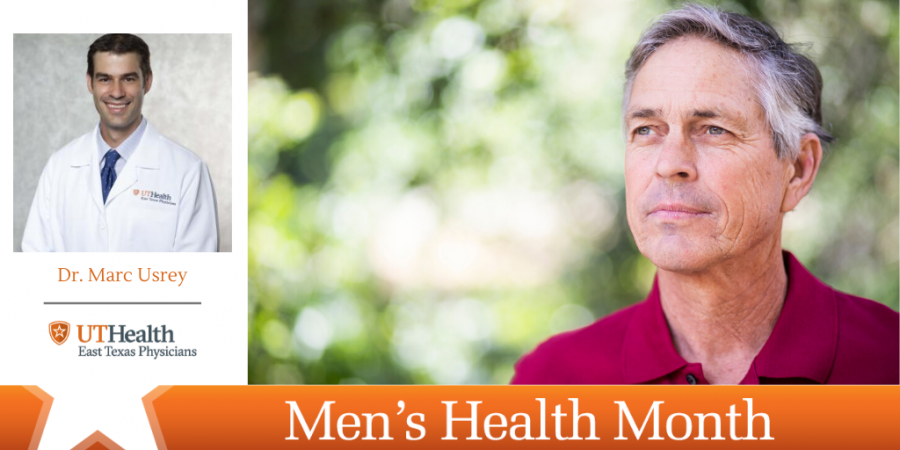
Friends and family members often ask me, "When are you guys going to cure cancer?" The truthful answer to this question is that we are curing cancer every day! However, it is often not as frequent, or as easy to achieve as we would all like it to be. However, with a little effort, I think we can significantly increase the odds.
First and foremost, the easiest way to "cure" cancer is to prevent it. It cannot be stressed enough that smoking intervention (stopping/never starting), is the most important step to preventing cancer. The leading cause of death from cancer in the United States is lung cancer, and nearly 90 percent of all lung cancers are due to smoking. The risk of developing lung cancer is 23 times higher in male smokers compared to non-smokers. If that alone is not reason enough, consider the risks of the many other cancers related to tobacco. Cancers linked to tobacco make up about 40 percent of all malignancies! You also must consider the heart attacks, strokes, COPD, blood clots...and realize that on average, heavy smokers cut their lifespan by about 13 years.
The other quick and easy truth about cancer is that if we catch it early, it is considerably easier to treat, often allowing us to completely skip the need for chemotherapy and radiation, and the cure rates skyrocket. This stresses how important cancer screening is as part of your routine health maintenance.
To start, patients should know their family history. Is there any particular cancer that seems to run in the family? How about a diagnosis of cancer at an early age? This can lead to more aggressive cancer screening and/or genetic testing, which may allow cancer to be discovered at a much earlier stage.
An example to put this in perspective:
If colon cancer is caught early in an asymptomatic patient on a screening test (Should start at age 50 in an average risk patient), then it is considered stage I colon cancer. This is treated with surgery only, no need for chemotherapy/radiation/pills/etc., and there is a 90 percent chance the patient will be alive and cancer-free (cured) in five years. However, if the patient never has any screening and then because symptoms develop and colon cancer is diagnosed, but now it has spread to the liver, it is stage IV colon cancer. Unfortunately, despite the best medical care and full utilization of chemotherapy, there is nearly a 90 percent chance that patient will NOT be alive in 5 years.
Similar numbers can be used for lung cancer.
If a patient is
- Over the age of 55
- Has a 35 pack-year smoking history
- Has smoked in the past 15 years
then they meet the criteria for a CT scan of the chest. If a small lung cancer is identified that has not spread (Stage Ia), then with surgery alone, there is a 90 percent cure rate at five years. However, if this cancer has been given time to grow, and it spreads to lymph nodes right next to the lung, it is Stage II, the cure rate is now in the roughly 70 percent range, AND chemotherapy must now be given. If it has spread further to lymph nodes deeper in the chest, then the cure rate drops much more, now in the 20-30 percent range, AND chemotherapy PLUS radiation must be used. Finally, if the cancer has spread to a different organ, then the odds of being alive at five years are back to 10 percent (at best).
In summary, cancer treatment in 2020 is much better than even 10 years ago, and I think the future will be even brighter with new treatments. You can do your part to avoid some of the hassles of cancer. If you smoke, talk to your doctor about medication to help you stop and consider a screening CT scan of your chest. Know your family history and share it with your doctor. Ask if you meet criteria to have prostate cancer screening. Discuss colon cancer screening with a colonoscopy or a stool test (for example, Cologuard). Pay attention to any changes in skin moles and be diligent about sun protection. Hopefully, the above tips will keep you from having to come see me in clinic.
Information provided by Marc E. Usrey, MD, oncologist at UT Health East Texas HOPE Cancer Center. To schedule an appointment, call 903-592-6152.

